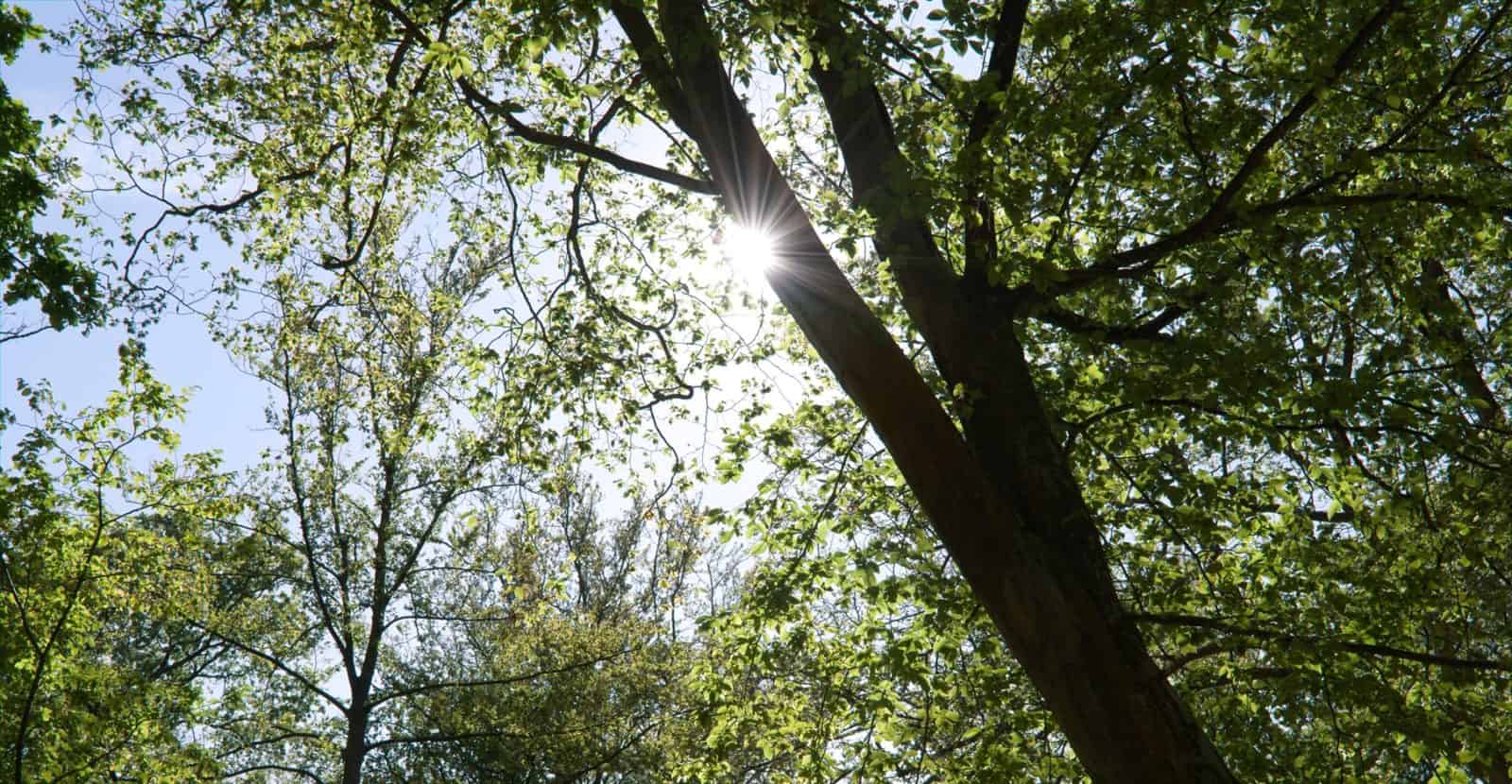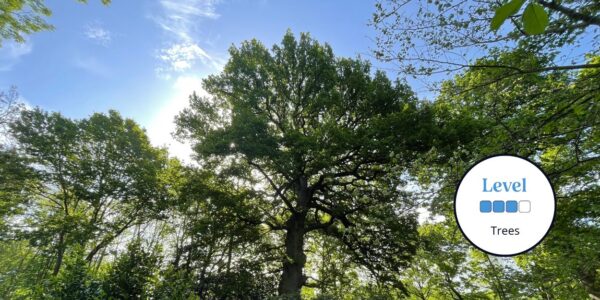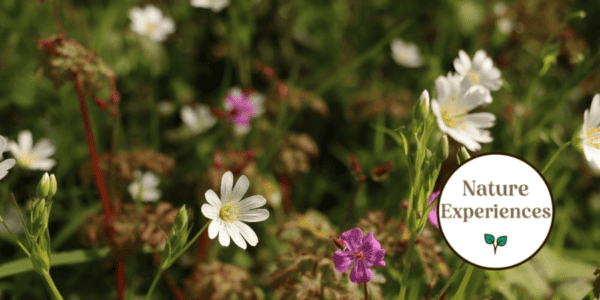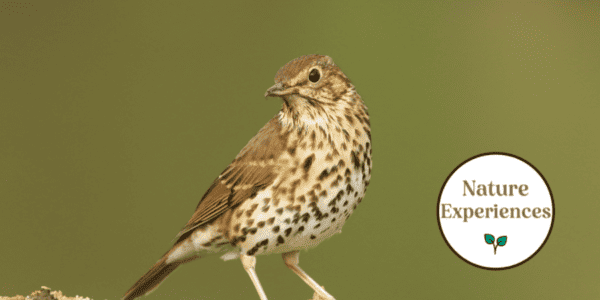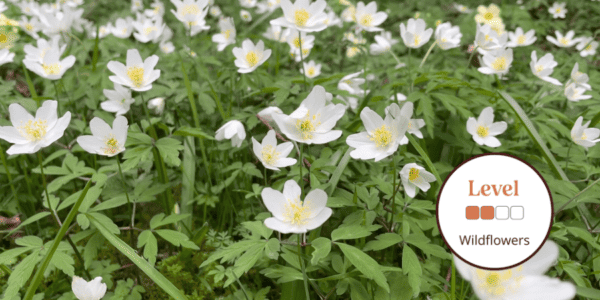This course is suitable for beginners and those who love trees, join Ros Bennett and develop your skills in native tree identification.
Trees make up one of the most impressive and beautiful features of our landscape. They unquestionably constitute one of the most important aspects of our natural heritage. The different seasons throughout the year are reflected dramatically in the changing appearance of trees. This course is concerned with their identification.
Read more
Early June is a great time for looking at broad-leaved trees: their leaves are fully formed and some will still be flowering. This weekend will explore the natural history of trees and show you how to recognise individual species.
The main emphasis will be on those trees that are native to Britain, but we will also pay attention to well-established, introduced species. We will practise working with different keys to identification. Part of each day will be spent at the centre sorting through specimens and getting to grips with the terminology of the different shapes of leaves and the different floral designs of those that are still in flower.
As much time as possible will be spent in the field exploring the local woodlands, hedgerows and wet thickets of the varied habitats nearby in order to practice identifying as many species as possible.
Please note: This course is not part of the Biodiversity learning framework, this course is organised by the centre and the tutor.
About the tutor
Ros Bennett
Ros Bennett is a botanist and ecologist. She was formerly a full time tutor at Flatford Mill and then organiser and leader of courses for Field Studies Council overseas. She has written books on flowers and trees and has taught courses on both to all age groups.
About Flatford Mill
We have four buildings that are used for visitor accommodation. Whilst most rooms are either en-suite or have a dedicated bathroom, there are some rooms in The Mill that share showers and toilets at the end of the hall. If this is un-suitable for you please make the office staff aware upon booking or as soon as possible.
Please be aware that you are visiting a Field Centre that caters in the main for school parties; the accommodation is basic and dormitory style, but warm and comfortable.
Explore our range of nature courses hosted by our engaging tutors and learn from their expertise and knowledge. Our nature experiences are a chance to meet like-minded people, a chance to unwind from everyday life, and a great opportunity to experience the UK’s glorious wildlife and the surrounding countryside of our field centres.
Example Timetable
Arrival day
Flatford Mill:
Check-in is between 1600-1800, if you are arriving after 1800 please advise us, so we can ensure you are advised of access codes, room key location, and room location.
You will meet the tutor at dinner, and you will have your first session after dinner.
What's Included
Full board accommodation and picnic lunch are available for resident bookings only.
Refreshments are included for all, but non-resident bookings are advised to bring lunch with you.
Before You Attend
What to Bring
As the course involves field visits you will need a Thermos, lunchbox, waterproof clothing (available on loan from the centre) and stout shoes or boots.
Also, please bring the following with you if you can:
- A x10 magnification hand lens (available for loan or purchase at c. £9.00)
N.B. It is not necessary to purchase any books before the course or to bring any with you. However you might like to have with you, a picture guide that you are used to using, especially if it arranges its trees in family order, such as one or other of the first two listed below
- <li style="list-style-type: none;">
-
- <li>
British Trees: A photographic guide to every common species
- by Sterry (Collins)
- Collins Tree Guide by Johnson and More (Harper Collins)
- New Flora of the British Isles by Stace (CUP ideally 4th edit)
Ros will introduce her own key to native trees from Tree-spotting (Welbeck)
Opportunities to attend this course
This course is not currently available to book. Dates will follow soon.
Sign up to our Email Newsletter

